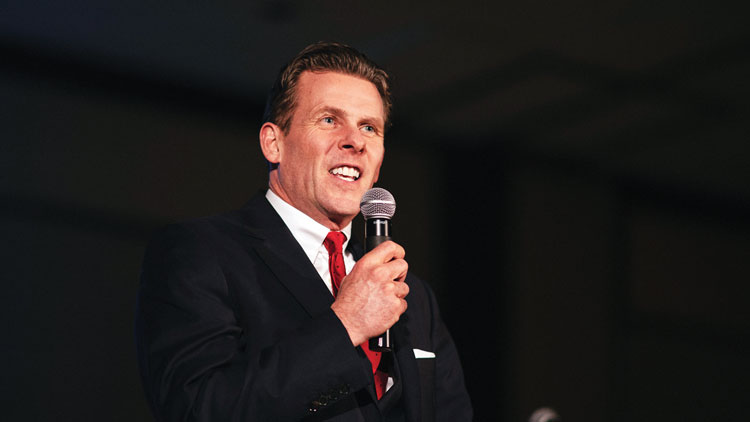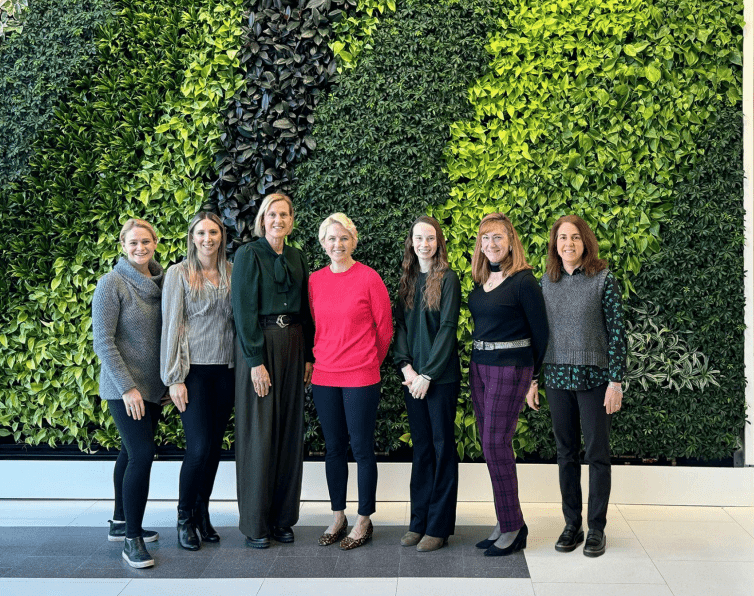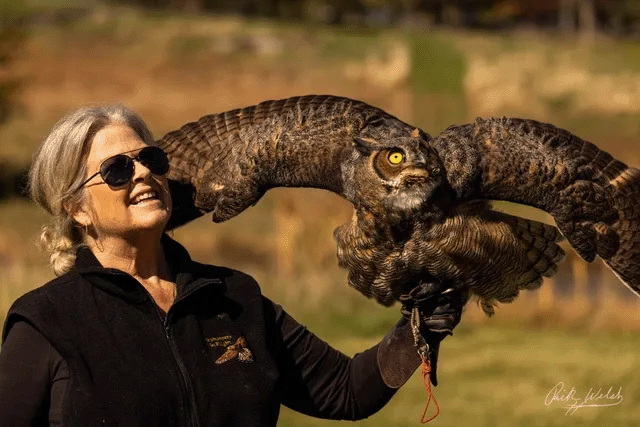
By Drew Williams
I have a good friend who, when we first met, asked me the following question: “Do you have children?” That’s a fairly standard opening inquiry. I said yes, to which he famously replied, “Well, that’s terrible! Mark my words, you will devote your whole life to caring for them and just as soon as they grow up, they will leave you flat broke and break your heart. Having children was the worst mistake you ever made!” He was joking of course, but he was also speaking from the experience of his only daughter having recently left for college. About six years after that conversation, when my daughter Katie headed off to college, I had a new appreciation for the pain of his loss as well as his humor.
Of course, all relationships that truly matter to us bring with them the proclivity for heartache. At least to some degree, it seems the more we love, the greater we experience pain.
St. Augustine described the agony of losing a close and much loved friend. He wrote, “For the grief I felt for the loss of my friend had struck so easily in my inmost heart simply because I had poured out my soul upon him, like water upon sand, loving someone who was mortal as though he were never to die.” And from a place of deep grief, Augustine then attempted to erect a fence around his own heart. He concluded, “For wherever the soul turns itself, unless toward Thee, it is enmeshed in sorrows.” In other words, do not let your happiness depend on someone or something that you may lose; if you want to play it safe, love God alone.
But, is that really an option? For example, I have learned that, even more than my wife, I am the parent who is unfailingly the first to say, “Be careful! Don’t do that! You might get hurt!” Nevertheless, even in my most paranoid moments of parenting I could never tell them, “Don’t love too much – you will only get hurt!” Augustine’s encouragement to live a loveless life and so avoid being “enmeshed in sorrows” is tantamount to advising my children to retreat to the back of a cave, singing to themselves (in the immortal words of Simon and Garfunkel), “I am shielded in my armor, hiding in my room, safe within my womb. I touch no one and no one touches me. I am a rock, I am an island. And a rock feels no pain; and an island never cries.” That can’t be good parenting.
C.S Lewis, who knew the depths of grief in losing his wife to cancer, wrote, “There is no escape along the lines St. Augustine suggests. Not along any other lines. There is no safe investment. To love at all is to be vulnerable. Love anything and your heart will be wrung and possibly broken. If you want to keep your heart intact, you must give your heart to no-one…avoid all entanglements, lock it up safe.” But Lewis also knew the unavoidable result of such a defensive strategy. In the he end, he says, “[Your heart] will not be broken; it will become unbreakable, impenetrable, irredeemable. The only place outside of heaven where you can be perfectly safe from all the dangers of and perturbations of love is Hell.”
Surely the best advice that I can give my children is that the wounds that we will receive in love can become the means by which we might love others more, and the means by which others might love more. But most of all I would point them to Jesus’ command, “Love one another. As I have loved you, so you must love one another.” (John 13:34)
If they asked me what kind of love Jesus was referring to, I would lead them to St. Paul who pointed out that, “God put his love on the line for us…” in the person of His Son and at great cost, in order to break the power of darkness that captures and means to destroy every human soul. “He didn’t deal with the problem as something remote and unimportant. In His Son, Jesus, He personally took on the human condition, entered the disordered mess of struggling humanity in order to set it right once and for all.” (Romans 5:8a, 8:8a, MSG)
I want my children to know that this self-giving, “all-in” love is both the source and the model for our love for one another. Lewis concludes, “[Jesus] Christ did not teach and suffer that we might become, even in the natural loves, more careful of our own happiness.…It is probably impossible to love any human being simply ‘too much.’ We may love him too much in proportion to our love for God; but it is our smallness of our love for God, not the greatness of our love for the man, that constitutes the inordinacy.”
Publisher’s Note: As you may have read in the Sentinel, the Rev. Andrew Williams, Drew to us, will serve as the next bishop for the Anglican Diocese of New England. Drew’s consecration is scheduled for March 16.
Drew has a lot on his plate at the moment and will be taking a month off from writing beginning next week. Please offer your prayers for his successful and smooth transition.
During his hiatus, we will be reprinting Sentinel reader’s favorites from over the past few years.
If you have a favorite, please email me at Beth@GreenwichSentinel.com and let me know.




